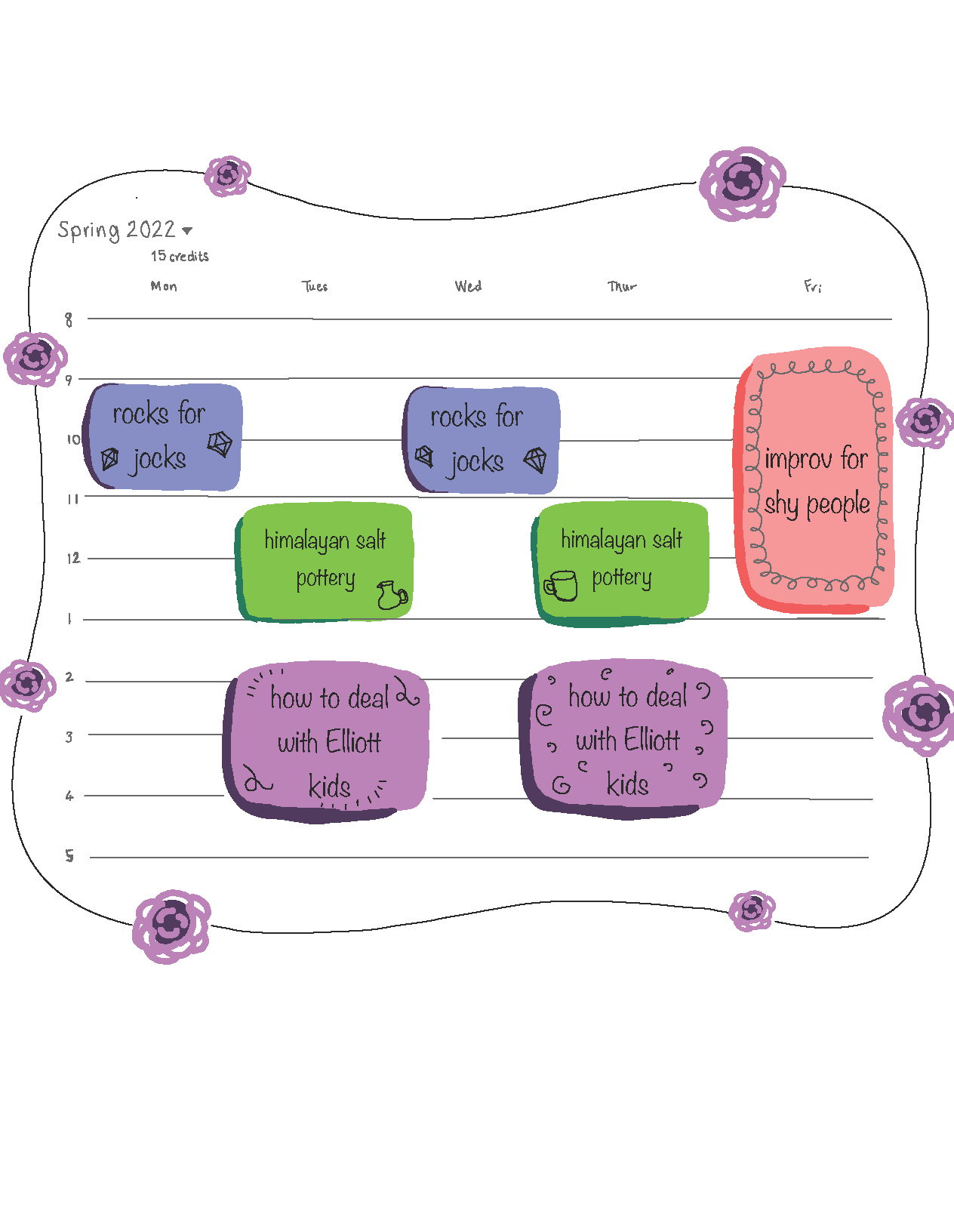When I chose to attend GW, I was initially excited about experiencing a true liberal arts education. As a creative writing major, I knew that most of these general education courses would likely not count toward my major, but I still looked forward to being exposed to new material. I thought that I could find a subject I was even interested in minoring in through these courses that I had not been exposed to yet.
Unfortunately, those expectations were never realized. Instead, I have discovered a system that forces CCAS students to take courses they are uninterested in purely for the purpose of meeting these guidelines set by the college. Ultimately, these guidelines distract students from pursuing their major courses and often fail to retain student interest.
The general education courses required by CCAS exist to ensure that students take a variety of liberal arts courses. Although not explicitly stated in CCAS’s mission statement, these courses can function as an equalizer for students who did not have access to these critical thinking, skills-based courses in high school. Nonetheless, I have heard many classmates in these general education courses complain of a sense of hopelessness about whether they’ll ever be able to focus on their major. It would appear that the spirit of the G-PAC does not live on in the students who must endure the requirements.
To graduate with a degree from CCAS, students must complete six college-specific general education courses in addition to the six that are required by GW. These are referred to as the college-specific general education curriculum – Perspective, Analysis, Communication, or G-PAC. The courses fall under the following themes: “local/civic engagement perspective, global or cross-cultural perspective, critical thinking in the humanities, scientific reasoning in the natural and/or physical laboratory sciences and creative or critical thinking in the arts.” The variety in these requirements is varied because their purpose is to expose students to every subject the liberal arts has to offer.

Jenna Baer | Cartoonist
But the requirements that students take a laboratory science and a humanities course are actually repeats of the University-wide general education curriculum. But one course can not be applied to each set of requirements. Taking one of the humanities or laboratory science courses on their own for GW’s general education requirement exposes students to information outside their major and stimulates inquiry. Repeating this process for CCAS becomes redundant if the students are not interested in the material and the courses have no application for their future career paths.
G-PAC course requirements have actually forced me to hold off on taking several classes for my major because I do not want to procrastinate my completion of these requirements and then have issues graduating. This pause has also made it harder for me to secure internships because I have not taken the more advanced courses that employers expect.
The summer before my freshman year, I remember scrolling through the list of courses on the CCAS website that fulfill their requirements and seeing outside-the-box courses like “Physics for Future Presidents.” As a hardcore humanities student, I was excited at the prospect of stepping outside my comfort zone into a course that I never would have picked for myself. This wishful thinking has not been the case, especially since this course has not actually been offered once in my three, going on four, semesters at GW.
As a sophomore who is now still trudging through these CCAS general education requirements, I am simply frustrated with myself for being so naive and I’m frustrated with CCAS itself. I understand that the purpose of these courses is to push students outside of their intellectual comfort zone. But students should not be paying as much as $57,980 to feign interest in courses just to check off every box on the liberal arts education checklist.
As a student currently taking several CCAS general education courses, I can attest that it is not uncommon to see students scrolling through social media or texting friends during these lectures. This issue is the fault of the system that forces students to take courses they are uninterested in. In a 2015 study, Harvard University’s Faculty of Arts and Sciences school conducted a review of their general liberal arts curriculum. It was uncovered that many students do not take their general courses seriously and actually select them based on minimal workload and potential for the highest grade. To be frank, that is how I have selected many of my general education courses as of late. But, students deserve to be passionate about their courses so that they can actually succeed and retain the material, as opposed to being focused on gaming the system for a higher GPA.
Another frustration with this system is that CCAS students are not able to use the Pass/No Pass policy on any of their general education requirements. In contrast, CCAS students can use this policy for elective courses that are not directly related to their majors. Having the Pass/No Pass policy on its own encourages students to take courses outside their major because they do not have to worry about their GPAs being negatively affected, fulfilling the intended goal of the G-PAC curriculum.
The main purpose of higher education is to prepare students for the future careers that they plan to pursue in the real world. Students should be able to focus their time on the courses that will put them on the path to success for their individual futures. Similarly, the time students spend languishing in these general education courses could have been spent doing an internship that is actually related to the job field they wish to enter after college. CCAS leadership should strongly consider trusting students to design their own intellectual pursuits and allow students to step out of their comfort zones in their own time.
Jenna Baer, a sophomore majoring in creative writing, is an opinions writer.

